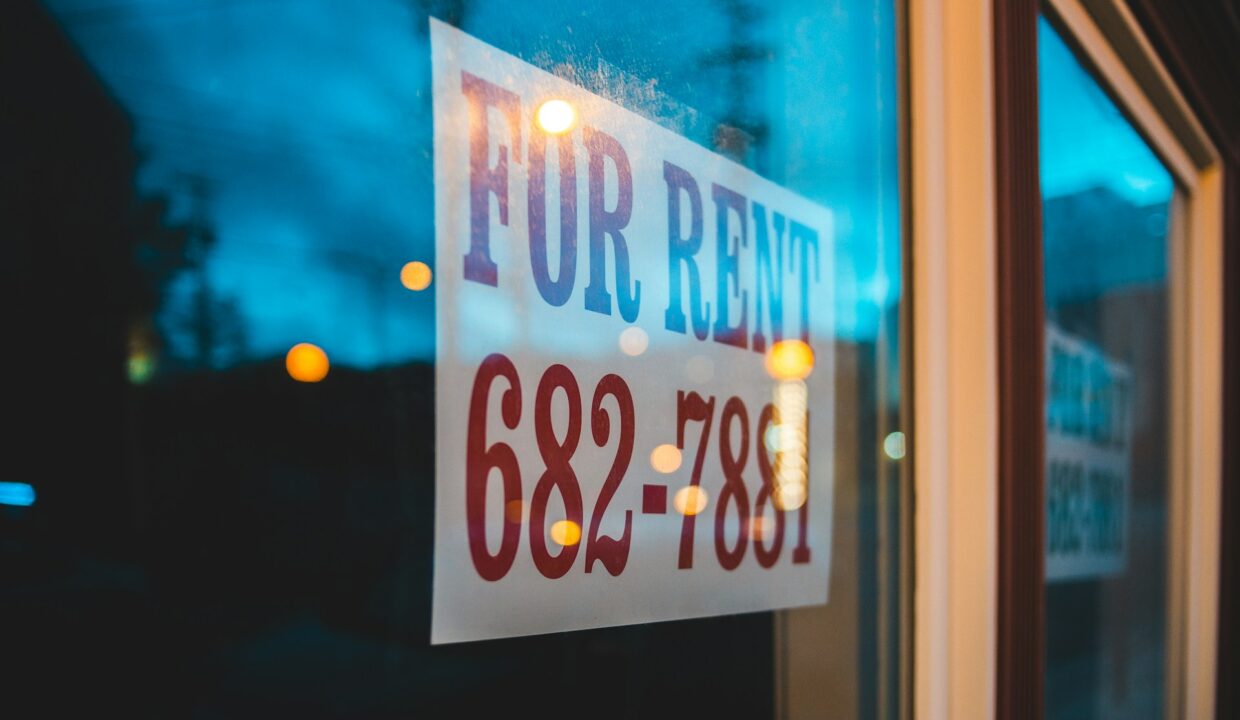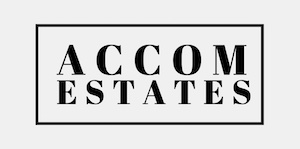
In comparison to purchasing, renting a home offers many advantages and factors to consider. Here are expanded insights on what to think about if you’re considering renting:
1. Lower upfront costs:
a. Renting vs. Buying: Renting a home generally needs a deposit equal to one month’s rent, which makes it less expensive than purchasing. A major upfront payment must be made when owning a property which is normally between 5% and 15 % of the selling price. Additionally, buying includes various other expenses like Stamp Duty, estate agent fees, mortgage processing fees, and legal fees which are not required when you choose to rent.
b. Deposit alternatives: If you can find some rental agreements that will give you an alternative to traditional cash deposits, such as deposit agreements or insurance schemes, then this will eliminate some of your initial costs, as well.
2. Ease of entry and lower ongoing responsibilities:
a. Maintenance responsibilities: As a renter, you’re not directly responsible for the home repairs or maintenance issues, this is all usually taken care of by the landlord. It greatly decreases the stress and expense, that homeownership brings with it.
b. Furnished Options: When renting a home many of them will come fully furnished, which simply means you wouldn’t have to spend money on furniture or their associated big-ticket items like appliances. It’s especially useful for someone moving for the first time or who prefers to avoid purchasing furniture for a home.
3. Flexibility:
a. Contract flexibility:
There are usually fewer binding commitments when renting than there are when buying a home. That level of flexibility makes it perfect for people who might need to transfer for a job, don’t want to commit to a location for a long time, or just want to explore the different living areas before a big financial commitment.
b. Responsive to life changes: Renters can act more quickly to life events like changing jobs, adding to the family, or having a change in finances, as they can shift without concern about selling their property.
4. Being proactive in a competitive market:
a. Viewing properties: Properties are fast-listed and removed from the market in the competitive rental markets. Being flexible, and available to view properties soon after they are listed, can significantly help you how to get a rental.
b. Speed and preparation: In advance, you should already have your documents and references ready when renting a home in order to quickly get through the rental application process. Being prepared can have a major impact, particularly on properties that tend to be in heavy demand.
5. Building positive relationships:
a. Communication and rapport: You can put yourself at an advantage in competitive situations if you can establish a good rapport with your letting agent and potential landlord. Being a reliable tenant, expressing a keen interest in the property and communicating about it can make a huge difference in making you a desirable tenant.
b. Long-term benefits: Smooth interactions in your tenancy can result in good relationships. A responsible and sympathetic landlord can make residential life more pleasant and controllable when it comes to problems or a demand is needed.
Knowing these extra factors can make it easier to manoeuvre through the rental market and ability to choose plans that accommodate your life and financial state. Renting a home provides a lower cost, but flexible housing option, with fewer burdens and is an appealing choice for many people.
